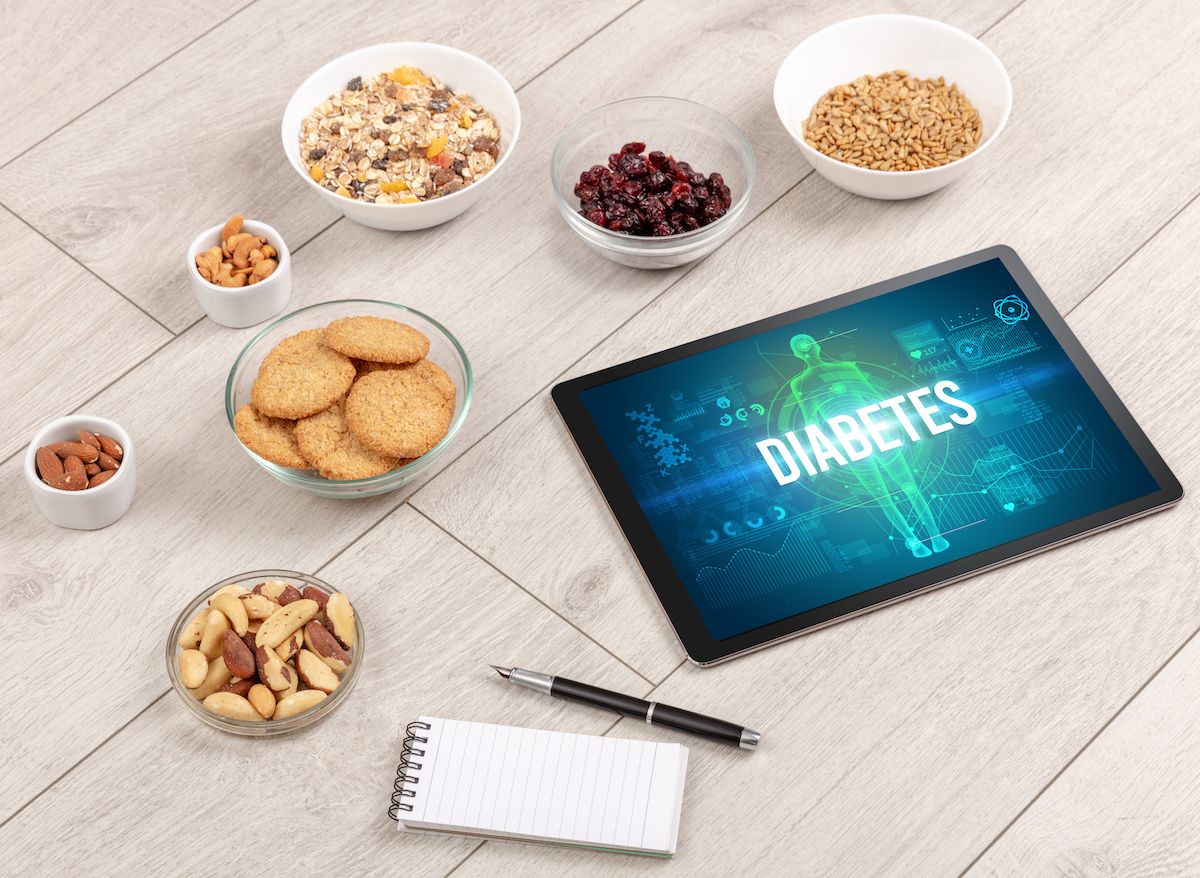Article
Patient education reduces anxiety in patients who receive pacemakers, cardiac defibrillators
Implanting a pacemaker or a cardiac defibrillator is the beginning of treatment, not the end. That was the message from a panel of researchers who spoke yesterday at the AHA Scientific Sessions.
Implanting a pacemaker or a cardiac defibrillator is the beginning of treatment, not the end. That was the message from a panel of researchers who spoke yesterday at the AHA Scientific Sessions.
"Patients have many new worries after implantation," said Fritz Mellert, MD, consulting cardiac surgeon at the University of Bonn, Germany, Heart Center. "That is why we studied the effect of wireless computer networks on pacemakers and defibrillators. The final result is that for these patients, there is no real risk."
Dr. Mellert's group found that radio frequency interference from wireless (WiFi) computer networks and wired Ethernet networks has no effect on implanted cardiac defibrillators (ICDs). Some high-output WiFi transmitters may interfere with pacemaker telemetry, but only if the network antenna is within 24 inches of the device.
"We recommend that high-output wireless access points or antennas not be placed physically near patients," Dr. Mellert said. "But I do not believe that is common practice anyway."
Newly implanted patients also need psychological support. That is the finding from Emory University. Nursing professor Sandra Dunbar, RN, DSN, reported that individual and group education can significantly reduce anxiety and depression in new defibrillator patients.
Patients who received four 1.5-hour group education and counseling sessions on post-implant care and anxiety management demonstrated nearly a 50% reduction in anxiety and depression scores. The control group received Emory's usual care, a 30-minute intensive counseling session at discharge.
"We made a major difference in patients' lives by teaching them about the signs of depression and strategies to cope when they were feeling blue," Emory said. "Because psychological distress predisposes patients to subsequent cardiac events, this should directly benefit their lives and health status."
Clinicians should also rethink the way implantation and the potential benefits of implantation are presented. The latest data from the 2005 Sudden Cardiac Death in Heart Failure Trial found that ICDs save 7 to 8 lives per 100 patients over 5 years. But more than half of patients surveyed at Brigham and Women's Hospital in Boston, Mass., believed that ICDs save at least 50 lives per 100 patients.
"We cannot hide the reality that heart failure is a fatal disease," said Garrick Stewart, MD, cardiology fellow at Brigham and Women's Hospital. "Frankly, the benefits of ICDs are overstated and oversold to patients."





